Kaip Sustiprinti Širdį: Kardiologų Patikrinti Metodai Be Vaistų
Kasmet pasaulyje nuo širdies ir kraujagyslių ligų miršta apie 17 milijonų žmonių, ir šios ligos išlieka pagrindinė lietuvių mirties priežastis. Tačiau gera žinia ta, kad…

Let's meet pylori bacteria - one of the most common pathogens in the entire human body. Interestingly, although the pylori bacterium is widespread, many people do not know anything about it. However, this bacteria can cause serious health problems, so it is important to understand it and know how to manage it.
Pylori bacteria is a gram-negative microorganism that lives in the stomach and duodenum. It can survive in an acidic environment and create inflammation, which can lead to ulcers and other health problems. However, not everyone who has the pylori bacteria will experience health problems.
Pylori bacteria are resistant to most antibiotics, so it is difficult to treat. However, there are some ways to reduce its effects and improve your health.
The pylori bacterium, known as Helicobacter pylori, is a spiral-shaped bacterium that can survive in stomach acid. It can penetrate the stomach lining and cause inflammation that can lead to stomach ulcers or even stomach cancer.1
Pylori bacteria is transmitted from person to person through oral and fecal contact. This can happen through dirty hand washing, eating contaminated food or drinking contaminated water. Pylori bacteria can also be transmitted through kissing, but this is a rare method of transmission.
Pylori bacteria can live in the stomach for decades without causing any symptoms. However, some people may experience pain and discomfort, nausea, vomiting, flatulence and weight loss.
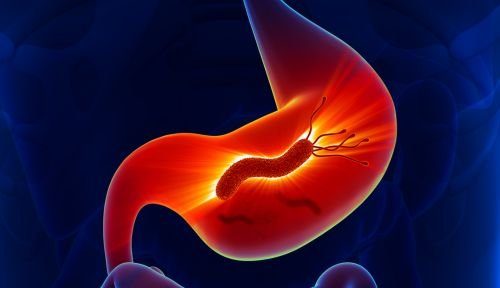
Pylori bacteria was discovered in 1982 and has been considered the main cause of stomach ulcers for more than three decades. However, scientists now understand that the pylori bacteria can cause other health problems, including stomach cancer and MALT (Mucosa Associated Lymphoid Tissue) lymphoma.
Pylori is one of the few bacteria that can survive in the stomach. Stomach acid is very strong and most bacteria cannot survive in it. However, the pylori bacterium has a unique ability to regulate the acidity of its environment.
Pylori bacteria can also change their shape and become cysts that can survive in adverse conditions. This allows the pylori bacteria to survive in the stomach for decades without causing any symptoms.
Pylori bacteria can cause a variety of health problems, including stomach ulcers, duodenitis (inflammation of the duodenum), gastritis (inflammation of the lining of the stomach), and stomach cancer. However, not everyone who has the pylori bacteria will experience these problems.
Pylori bacteria can cause inflammation in the stomach, which can damage the lining of the stomach. This can lead to ulcers that can cause pain, heartburn, nausea and weight loss. In addition, pylori bacteria can reduce the production of gastric juice, which is necessary for the digestion of food.
Pylori bacteria can also cause stomach cancer, although this is rare. pylori bacteria causes about 1-2% of all stomach cancers. However, if you have the pylori bacteria, your risk of developing stomach cancer is higher.

Dietary changes can help reduce the effects of the pylori bacteria. There are some foods that are recommended if you have the pylori bacteria.
First, it is recommended that you eat more foods rich in antioxidants, such as fruits and vegetables. Antioxidants can help fight free radical damage that can increase inflammation and damage the stomach lining. It is also recommended to eat more foods rich in vitamin C. Vitamin C can also help fight free radical damage.
In addition, it is recommended to reduce the consumption of fatty, spicy and sour foods, which can increase the acidity of the stomach and cause discomfort. It is also recommended to consume less caffeine and alcohol, which can irritate the stomach lining.
Pylori bacteria can be detected in several ways. One is a breath test, which measures the amount of carbon dioxide in your breath. If you have the pylori bacteria, you will have more carbon dioxide in your breath.
Another way to detect pylori bacteria is through a blood test. This test detects the presence of antibodies against the pylori bacteria in your blood. However, this test may not be accurate because antibodies can remain in the blood long after the infection clears.
Another way to identify the pylori bacteria is a stomach biopsy. This test is performed using an endoscope that is inserted through the mouth into the stomach. During a biopsy, a small tissue sample is taken from the lining of the stomach, which is then tested in a laboratory for the presence of the pylori bacteria.
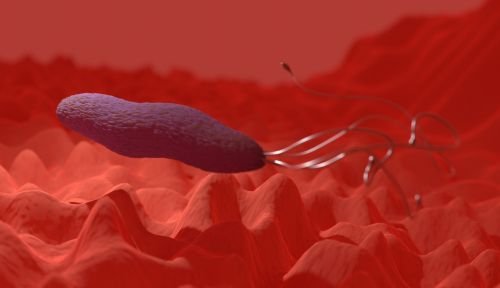
Pylori bacteria can be treated in a number of ways. One of them is antibiotic therapy. This is a very effective way to treat pylori, but it can cause side effects such as nausea, vomiting, diarrhea and abdominal pain.
Another way to treat pylori bacteria is proton pump inhibitors. These medications reduce stomach acid, which can help reduce the risk of ulcers and other health problems. However, these drugs can also cause side effects such as: headache, nausea, diarrhea and abdominal pain.
In addition, there are other treatments such as dietary changes, probiotics, and home remedies. These techniques can help reduce the effects of the pylori bacteria and improve health.
There are several home remedies that can help treat the pylori bacteria. One of them is the use of ginger. Ginger has antimicrobial properties that can help kill the pylori bacteria. You can take ginger as a supplement or drink ginger tea.
Another way is to use honey. Honey is a widely used natural antibiotic that can help fight the pylori bacteria. You can consume honey directly or add it to your tea or food.
You can also take probiotics. Probiotics are beneficial bacteria that can help fight the pylori bacteria. You can take probiotics as a supplement or eat foods that contain probiotics, such as yogurt and kefir.
Probiotics are beneficial bacteria that can help fight the pylori bacteria. There are many studies that show that probiotics can help treat the pylori bacteria and reduce the risk of ulcers and other health problems.
Probiotics work in several ways. First, they can help kill the pylori bacteria. Second, they can help restore the natural intestinal microflora that can be damaged by the pylori bacteria. Third, they can help reduce inflammation, which can increase the risk of ulcers and other health problems.

Probiotics are safe and well tolerated in most people.
There are several lifestyle changes that can help control the pylori bacteria. First of all, you are recommended to follow hygiene rules. This includes washing hands before eating and after using the toilet, as well as eating only well-processed food and drinking clean water.
Second, you are advised to eat a healthy diet high in antioxidants and vitamin C. This can help reduce inflammation and fight free radical damage.
Third, you are advised to avoid alcohol and coffee. Alcohol and coffee can irritate the stomach lining and increase the risk of ulcers and other health problems.
It is important to understand that the treatment of Pylori bacteria is not just the use of drugs or antibiotics. Certain nutritional supplements that help fight Pylori or strengthen the immune system may also be helpful.
For example, probiotics are beneficial because they help restore normal gut microflora and can reduce symptoms caused by Pylori bacteria. In addition, some studies show that probiotics can help treat Pylori more effectively in combination with antibiotics.
Vitamin C can also be useful in the treatment of Pylori bacteria. It is an antioxidant that helps fight free radicals and strengthens the immune system. Some studies show that vitamin C can help reduce the amount of Pylori bacteria in the stomach and improve treatment outcomes.
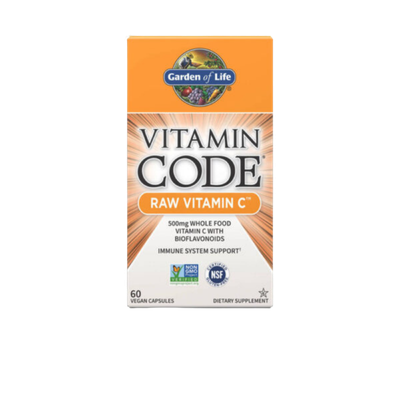
Pylori bacterium, or Helicobacter pylori, is a bacterium that can live in the human stomach. It is one of the few organisms that can survive in the acidic environment of the stomach.
Yes, the pylori bacteria is contagious. It is transmitted from person to person through oral and fecal contact. This can happen through dirty hand washing, eating contaminated food or drinking contaminated water.
Most people who are infected with the pylori bacteria do not have any symptoms. However, some may experience stomach pain, nausea, vomiting, weight loss, or difficulty with digestion.
Pylori bacteria are usually treated with antibiotics and drugs that reduce stomach acid. The doctor may prescribe a specific treatment regimen depending on the patient's condition.
Pylori infection can be detected in several ways, including blood, breath and stool tests. Your doctor can decide which of these tests is best for you.
Pylori bacteria cause gastritis and can cause stomach ulcers. It is also associated with a higher risk of stomach cancer. However, most infected people have no symptoms.
Treatment options for pylori infection include the use of antibiotics, dietary changes, and the use of nutritional supplements. The choice of treatment depends on your symptoms, the severity of the infection, and other health problems.
Pylori bacteria is a serious problem that many people around the world face. Nevertheless, there are various ways to overcome this problem, including the use of medication, dietary changes and the use of nutritional supplements.
It is important to understand that the treatment of Pylori bacteria is not only the use of drugs. It is also important to pay attention to your diet, use food supplements and monitor your health.
After all, it is important not to be afraid of Pylori bacteria. Although it can cause serious health problems, there are many ways to overcome this infection and get back to living a healthy life. So, remember to consult your doctor and find the best treatment plan for you.
Kasmet pasaulyje nuo širdies ir kraujagyslių ligų miršta apie 17 milijonų žmonių, ir šios ligos išlieka pagrindinė lietuvių mirties priežastis. Tačiau gera žinia ta, kad…
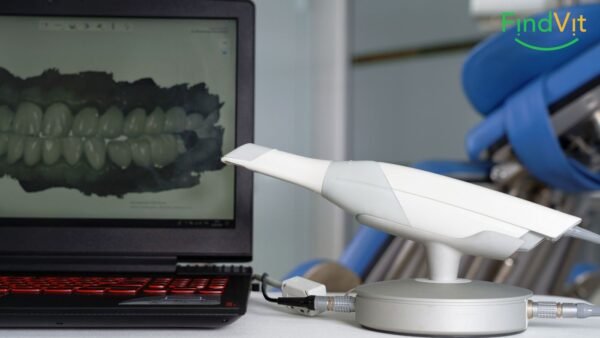
Artificial intelligence in medicine has made impressive progress – it has already successfully passed medical licensing exams and can handle internal medicine cases. Even more impressive is that special…
The human heart beats an average of more than 2.5 billion times during a lifetime. This amazing organ works tirelessly to maintain a vital pulse rhythm, the rate of which (pulse rate)…

KIKI Health Zeolitas - Ceolitas, milteliai, 60 g

Trace Minerals Mega Magnesium 400 mg. Liquid with minerals, 118 ml.
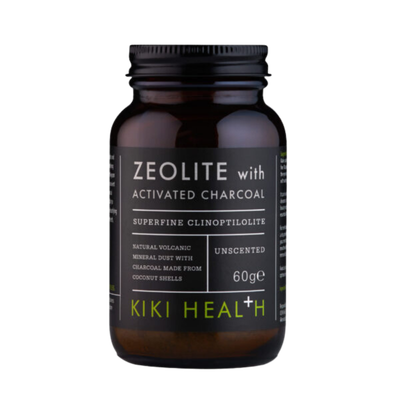
KIKI Health Zeolitas - Ceolitas su aktyvuota anglimi, milteliai 60 g.
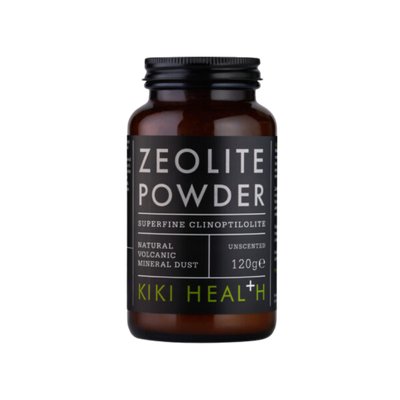
KIKI Health Zeolitas - Ceolitas, milteliai, 120 g.
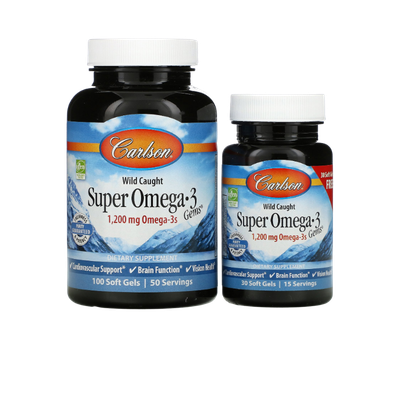
SUPER OMEGA-3 - norvegiški žuvų taukai su Omega-3, didelė koncentracija, 100+30 kapsulių
| Cookie | Duration | Description |
|---|---|---|
| cookielawinfo-checkbox-advertisement | 1 year | Šį slapuką nustato GDPR Cookie Consent papildinys. Slapukas naudojamas išsaugoti vartotojo sutikimą dėl slapukų kategorijoje „Analitiniai“. |
| cookielawinfo-checkbox-analytics | 11 mėnesių | Šį slapuką nustato GDPR Cookie Consent papildinys. Slapukas naudojamas išsaugoti vartotojo sutikimą dėl slapukų kategorijoje „Analitiniai“. |
| cookielawinfo-checkbox-functional | 11 mėnesių | Slapukas nustatomas pagal GDPR slapukų sutikimą, kad būtų įrašytas vartotojo sutikimas dėl slapukų kategorijoje „Funkciniai“. |
| cookielawinfo-checkbox-necessary | 11 mėnesių | Šį slapuką nustato GDPR Cookie Consent papildinys. Slapukai naudojami saugoti vartotojo sutikimą dėl slapukų kategorijoje „Būtini“. |
| cookielawinfo-checkbox-others | 11 mėnesių | Šį slapuką nustato GDPR Cookie Consent papildinys. Slapukai naudojami saugoti vartotojo sutikimą dėl slapukų kategorijoje „Kiti“. |
| cookielawinfo-checkbox-performance | 11 mėnesių | Šį slapuką nustato GDPR Cookie Consent papildinys. Slapukai naudojami saugoti vartotojo sutikimą dėl slapukų kategorijoje „Vykdymas“. |
| elementor | never | Šį slapuką naudoja svetainės „WordPress“ tema. Tai leidžia svetainės savininkui realiuoju laiku įdiegti arba keisti svetainės turinį. |
| viewed_cookie_policy | 11 mėnesių | Slapuką nustato GDPR Cookie Consent įskiepis ir jis naudojamas norint išsaugoti, ar vartotojas sutiko, kad būtų naudojami slapukai, ar ne. Jame nesaugomi jokie asmens duomenys. |
| Cookie | Duration | Description |
|---|---|---|
| _ga | 2 metai | _ga slapukas, įdiegtas Google Analytics, apskaičiuoja lankytojų, seansų ir kampanijos duomenis, taip pat seka svetainės naudojimą svetainės analizės ataskaitoje. Slapukas išsaugo informaciją anonimiškai ir priskiria atsitiktinai sugeneruotą skaičių unikaliems lankytojams atpažinti. |
| _ga_JWS80V051Z | 2 metai | Šį slapuką įdiegė Google Analytics. |
| omnisendSessionID | 30 minučių | Šį slapuką nustato teikėjas Omnisend. Šis slapukas naudojamas unikaliam seanso ID nustatyti. Slapukas statistiniais tikslais renka informaciją apie lankytojų elgesį svetainėje. |
| soundestID | sesijos metu | Šį slapuką nustato teikėjas Omnisend. Šis slapukas naudojamas norint nustatyti, ar lankytojas svetainėje yra naujas, ar lankytojas lankėsi anksčiau. |
| Cookie | Duration | Description |
|---|---|---|
| omnisendAnonymousID | 1 year | Šį slapuką nustato teikėjas Omnisend. Šis slapukas naudojamas išsaugoti vartotojo veiksmą svetainėje su unikaliu ID. Slapukas užšifruoja lankytojo duomenis, kad būtų apsaugoti naudotojo duomenys. |
| soundest-views | sesijos metu | Aprašymas negalimas. |
| woocommerce_recently_viewed | sesijos metu | Aprašymas nepasiekiamas. |
